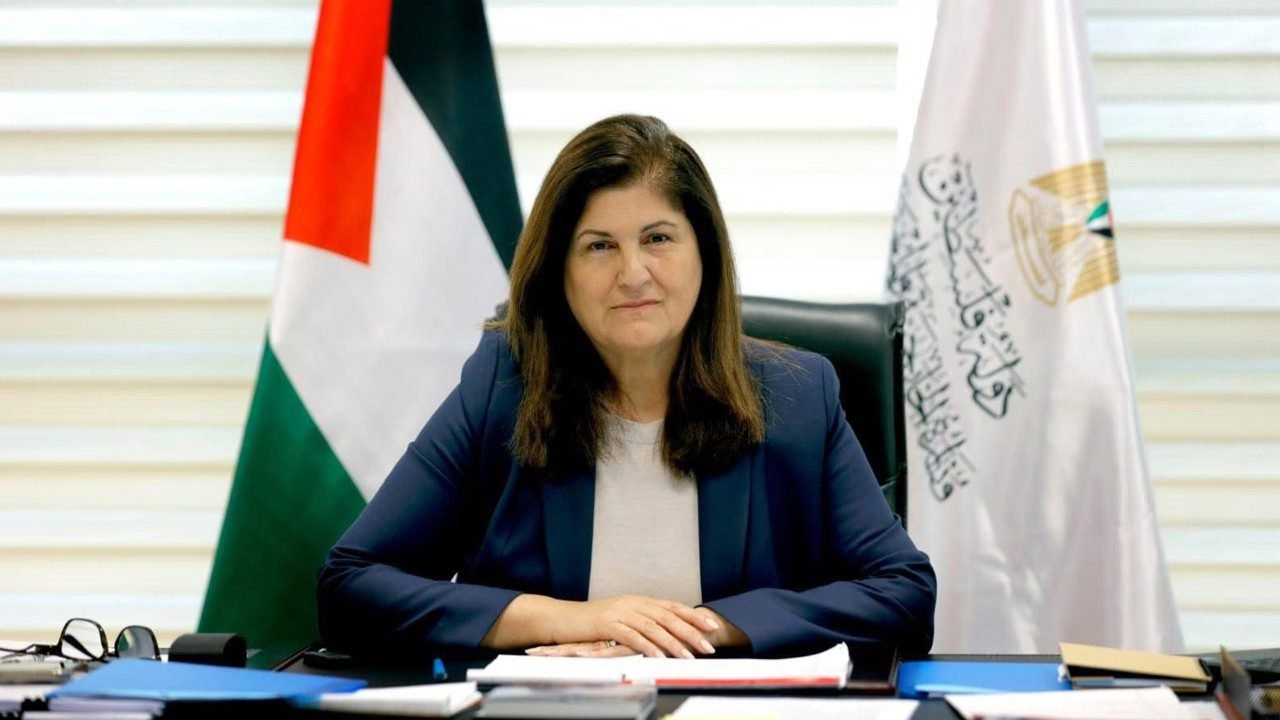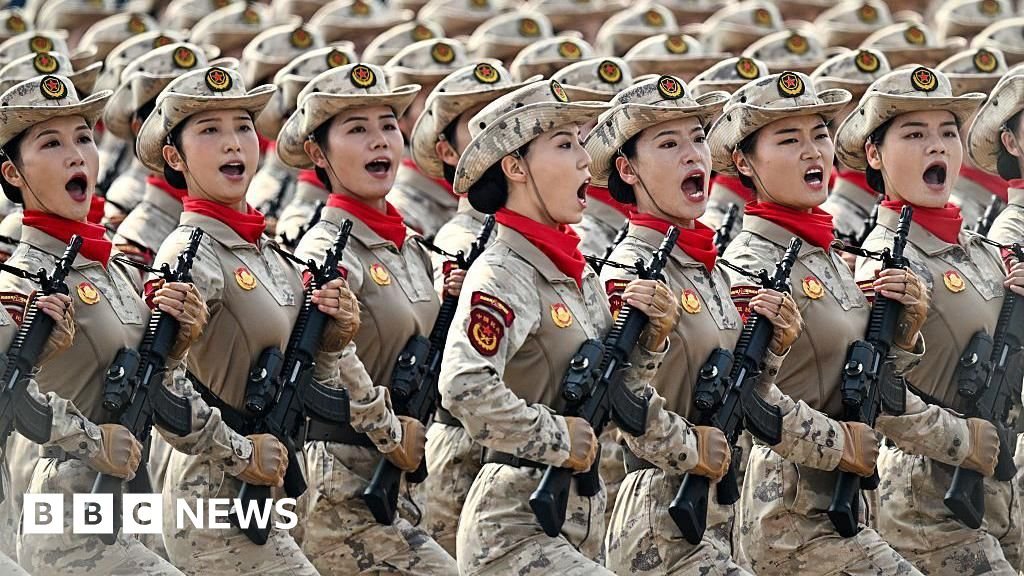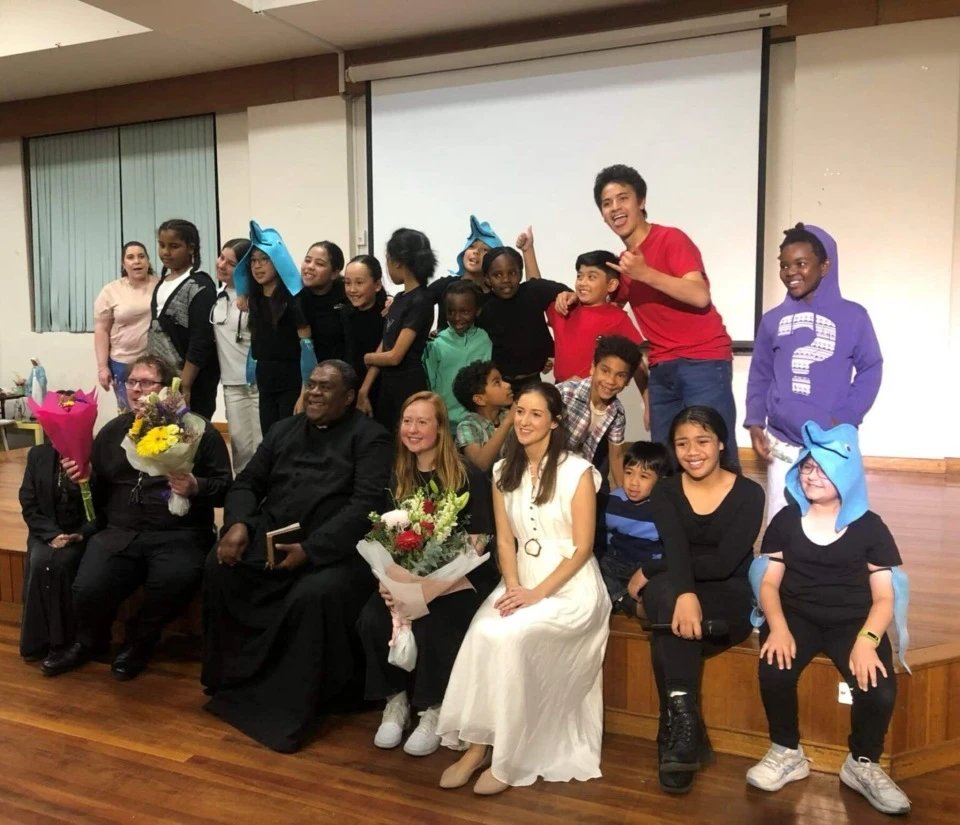A meeting with Holy See officials was on the agenda at the tail-end of a humanitarian and diplomatic tour to several European nations for the Palestinian Minister of Foreign Affairs this week. During her days in Rome, she made time to visit Palestinian children receiving treatment in Italian and Vatican Hospitals.
By Linda Bordoni
One of the highlights of Varsen Aghabekian’s visit to Italy this week was a meeting on Monday with Vatican Secretary of State, Cardinal Pietro Parolin, and the strengthening of collaboration between the Holy See and the Palestinian National Authority, in particular regarding pressing humanitarian issues.
Aghabekian is the Minister of Foreign Affairs and Expatriates of the Palestinian National Authority, and she was joined by the Palestinian Ambassador to the Holy See, Issa Kassissieh, in the Vatican, in the quest to tackle the ongoing humanitarian crisis in Gaza and the West Bank, including East Jerusalem.
Cardinal Parolin reportedly expressed deep concern over the situation, stressing the urgent need to halt the war and allow humanitarian aid, never neglecting to describe the ongoing war as a defeat for humanity.
Together with her Italian counterpart, Antonio Tajani and other Italian authorities, and with the Palestinian Ambassador-designate to Italy, Mona Abu Amara, the Palestinian Foreign Minister also visited some Palestinian minors hospitalised at Rome‘s Umberto Primo Hospital and at the Vatican‘s Bambino Gesù Paediatric Hospital and Gemelli Hospitals.
Before her departure, Minister Aghabekian told Vatican Radio/Vatican News that the aim of her visits to the hospitals was “to check on the children and the families, for them to feel closer, that somebody really cares from our side.“
It was also an occasion, she said, to better introduce Ambassador Abu Amara to the patients who are being treated: “She has been visiting them, but we have asked for closer coordination between the Embassy and the Ministry of Foreign Affairs in matters related to the patients and their families.”
“We have agreed to form a closer link so that there is better coordination and better follow-up,” she explained.
Minister Aghabekian went on to say that Italy has responded to the current crisis and emergency “in terms of humanitarian aid, food aid, and bringing the patients here.”
Acknowledging that every action of solidarity counts, she said, “There’s a lot more that is needed from everybody, and whatever is reaching Gaza is just a drop in the ocean.”
Pope’s words moral and ethical directive to the world
Regarding the involvement of the Holy See at different levels, the Minister said it is of utmost importance. The words of His Holiness, she noted, resonate all over the world.
“And it’s important as a support message to the Palestinians,” as well as providing an important “moral and ethical directive to the world as to what needs to be done in a world of turmoil,” she said.
The Minister affirmed that “What is happening is catastrophic in Gaza, and on the West Bank, and it needs to stop. We need words like those of the Pope to give us some direction.”
Minister Aghabekian went on to describe her meeting with the Vatican Secretary of State, Cardinal Parolin, as “a very good meeting.”
“We discussed the situation in Gaza, the West Bank, the Christian presence, the dwindling number of Christians, the incitement against Christians, what needs to be done, what can bring peace to the area, etc, etc.”
Diplomatic tour
The Foreign Minister’s visit to several nations has been an occasion to ask the international community “to stand for what is right.”
“What is right today is people’s right to self-determination and international law,” she stated, adding that all Palestinians are asking for is that international law be followed and complied with.
“Any country that says it is for international law and for human rights should comply with that international law with no double standards” she added, noting that “if this were happening elsewhere in the world,” all countries would be “up on their feet.
We expect, the Minister said, the whole world to say “‘What is right is right’ regardless of what is happening or who is doing what.”
This diplomatic visit, as mentioned, has taken Foreign Minister Aghabekian to Slovenia, Croatia, Latvia and Lithuania before her arrival in Italy and San Marino. Its aim, she explained, has been “to garner support to the plight of the Palestinians, garner support for the recognition of Palestine and for further humanitarian assistance.”
Regarding the situation of the Palestinian patients being treated in the hospitals here, both those with serious chronic illnesses and those wounded in war, she says they are receiving the care that is needed, although some cases are critical and some patients have undergone very difficult operations. Some, she said, are recuperating well, although time is needed for rehabilitation and recovery.
Italy, she said, has managed to fly in some 181 children with their cases and their families.
Need for a ceasefire
Leaving Rome on Tuesday, the Minister is going to Cairo to participate in a meeting of the Arab League, and she said, looking ahead, her government will incessantly continue “to ask for a ceasefire because our utmost priority as Palestinians, the Palestinian leadership, is to save lives.”
“Because every day that passes with this brutal aggression, we have hundreds of civilians killed. We need to have a ceasefire that is permanent, we have to ensure that there is unimpeded entry of humanitarian assistance,” she said.
At the same time, Minister Aghabekian continued, “We need to open up a horizon towards a political path that will bring us closer to our independence and materialising our state on the ground.”
‘Losing hope is not in our dictionary’
Despite the enormous challenges, she said she has to “stay optimistic, because for Palestinians, losing hope is not in our dictionary.”
“We have to stay hopeful because we know, in the final analysis, what is right is right.”
Expressing her belief that the public opinion is shifting, and that it is influencing official policy in various countries, the Foreign Minister said “We’re seeing a shift in in the mood towards solving this once and for all, meaning an end of occupation.”
She highlighted that as the world witnesses the horrific situation in the Gaza Strip, it is also important not to lose sight of the deteriorating reality in the West Bank.
“It’s extremely important, because when we speak about violence and the Israeli policy, that policy is on the entirety of the occupied territory, but we see it implemented in various forms and shapes:
On the Gaza Strip, we see this brutal aggression; on the West Bank, we see this impending annexation, the increased settler violence, the more grab of land, increased settlers and settlements, etc.”
The policy is the same, she reiterated, noting that in every part of the occupied territory “there is a form of violence that is taking place against the Palestinian people.”
Peace for the Middle East and for the world
She agreed that it is fundamental that the international community never lose sight of how crucial peace is in the Palestinian territories for peace in the broader Middle East and for world peace.
“This occupation and the destabilisation that this occupation is causing is not just confined to the occupied territory, but it transcends to neighbouring countries and from neighbouring countries to European capitals and the world at large,” she noted, adding that “If the international community truly wants peace in the region, it needs to understand that only by solving and ending the Israeli occupation of Palestinian land, peace will come.”
Without that, she said, “we will continue to have cycles of violence, maybe more violent than what we’re seeing today.”
As she prepares to meet with members of the Arab League, Minister Aghabekian, pointed to their geo-political relevance and expressed her opinion that “today, the Arabs are more unified than ever: We’ve seen it with their stance, individually and collectively against the Trump Riviera plan, against the displacement of the Palestinians.”
Today, she said, Saudi Arabia, with its financial weight and its strategic position, is leading the coalition for peace at the Peace Conference in New York.
Enough is enough
Concluding she launched a pressing appeal: “Please stand at the right side of history. Peace is possible and justice can prevail, but that entails the respect of the Palestinian rights so that they may live in peace and security next to the State of Israel.”
Enough is enough, Foreign Minister Aghabekian stressed, international law needs to be respected, and occupation cannot continue forever, as a people under occupation, oppression, subjugation will invariably struggle, no matter what, for their liberation.










